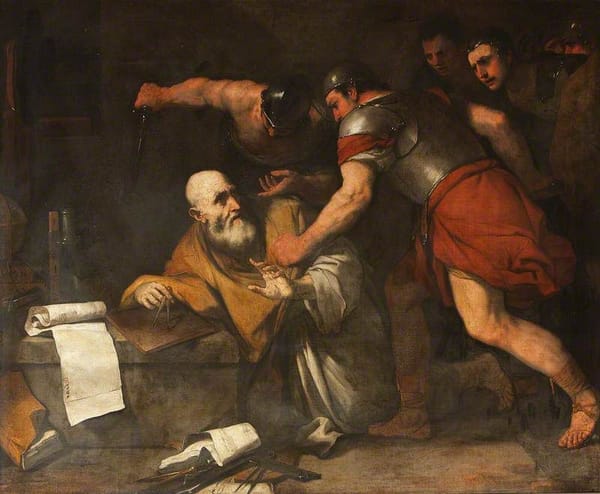Pronouns

Pronouns are another building block of language. They are usually used to replace nouns to avoid repetition.
Pronoun Persons
- First person
- Singular: I/me
- Plural: we/us
- Second person
- Singular & Plural: you
- Third person
- Masculine singular: he/him
- Feminine singular: she/her
- Unspecified singular: it
- Plural: they/them
Pronoun Roles
- Subject:
- For example: "I eat the chips", "you eat the chips", "he eats the chips"
- Predicate Nominative:
- For example: "Bob is him", "I am he" <– the predicate nominative is bolded, it is linking verb + pronoun
- Object:
- For example: "Bob gave me a fish.", "Bob gave him a fish.", "Bob gave them a fish."
Possessive Pronouns
- When used alone
- mine, yours, his, hers, ours, and theirs
- For example, "That house is his."
- When used to modify a noun
- my, your, his, her, its, our, and their
- For example, "That is his house."
Reflexive pronouns end in -self or -selves. They are used as an object and refer to something previously mentioned in the sentence, for example: "He saw himself in the mirror."
Intensive pronouns have the same form as reflexive pronouns, but are not essential to the sentence (it just gives emphasis to the subject): "He did it himself."
A demonstrative pronoun represents a thing(s) near or far in time or distance. For example: "This (near) is fast", "That (far) is fast". The plural forms for these pronouns are "these" and "those". A demonstrative adjective looks like a demonstrative pronoun, but adds to a noun. For example: "This car is fast." In this sentence, "this" is an adjective.
An interrogative pronoun represents a thing that we do not know about and are asking a question about. For example: "What is that?", "Which is yours?". When the interrogative pronoun is referring to a:
- Person (subject) -> who
- Person (object) -> whom
- Thing -> what
- Person/thing -> which
- Person -> whose
Note that when the pronoun is the object, "whom" is correct, not "who", so "Whom is he?" is correct, not "Who is he?"
Indefinite pronouns are not specific about the nouns they replace.
- The indefinite pronouns that refer to a nonspecific noun are: anybody, anyone, anything, everybody, everyone, everything, nobody, none, no one, nothing, somebody, someone, and something.
- For example: "Nobody understands these examples."
- There are indefinite pronouns that refer to a noun that was previously mentioned. These are: all, another, any, both, each, either, few, many, neither, one, some, and several.
- For example: "Bob, Jack, and Mary are all college students."
- Pronouns must match the verb in its number.
- Singular indefinite pronouns: nobody, none, no one, nothing, somebody, someone, something etc. For example: "Someone is knocking at the door."
- Plural indefinite pronouns: all, both, few, many, several etc. For example: "Both are knocking at the door."
Relative pronouns are words that connect a dependent clause to an independent clause. These words are: who/whom, whoever/whomever, whose, that, which, and in certain cases what, when, and where.
- For example:
- “The car that you have is fast.”
- “I have some friends who live in Florida.”
- “Do you remember the hotel where we are staying?”




